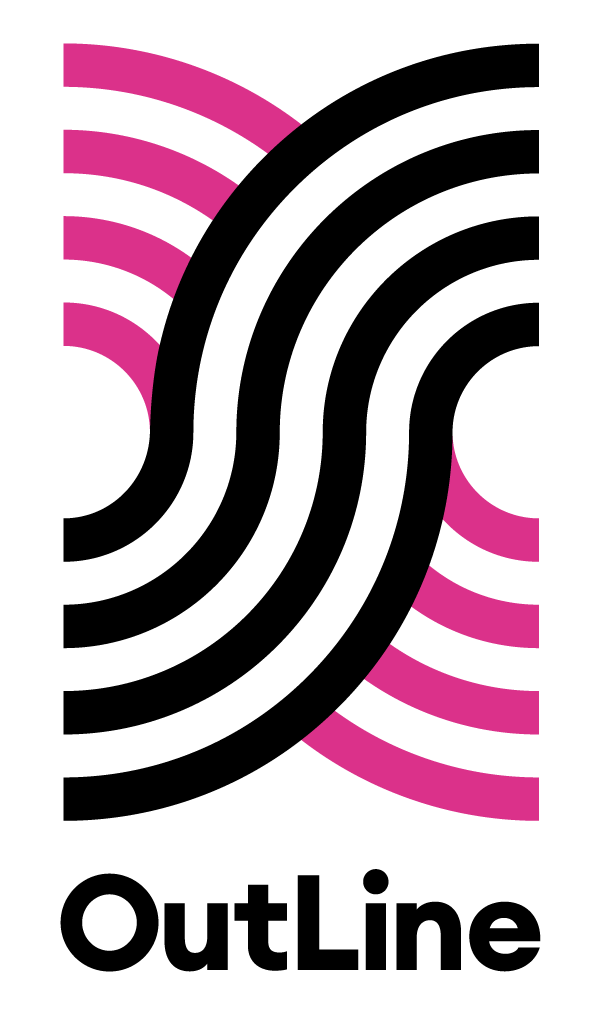Thank you for supporting OutLine
OutLine’s members are people who support our work to help Rainbow* people throughout Aotearoa access support, information and a sense of community. They elect our Board, and help us make decisions about how we run the organisation.
Who can join
Any Rainbow person in Aotearoa who is supportive of OutLine’s aims and is not currently employed or contracted by OutLine can apply to become a full OutLine member. OutLine full membership gives people the right to vote and speak at OutLine General Meetings – this means our members are crucial in shaping the direction of the organisation.
People who support OutLine’s purpose and aims but are not eligible for full membership may apply to be an associate member, which allows people to speak but not vote at General Meetings. Staff members are automatically associate members.
Membership is free
There is currently no fee for membership.
If you'd like, you can add an optional donation to OutLine when you sign up. Your donations help OutLine to provide Rainbow-affirming mental health services throughout Aotearoa.
How to apply
Note that per the OutLine
constitution, all applications for membership must be received at least
seven days in advance of a general meeting (by 6pm on 12 June for the 2024 AGM)
to be accepted ahead of that meeting. Any applications received after
this will be processed after the AGM.
Membership applications are submitted to and approved by the OutLine Governance Board. Applications must be submitted in the form prescribed by the Board and include the applicant’s name and contact details.
Approved members will have their name entered into a confidential members register. Each year, members will be asked whether they wish to renew their membership.
No applications for membership will be accepted within seven days in advance of a General Meeting.
* We are using Rainbow as an umbrella term to describe people whose sexual orientation, gender identity, gender expression or sex characteristics differ from majority, binary norms. This includes people who identify with terms like takatāpui, lesbian, gay, bisexual, intersex, transgender, queer, non-binary or fa’afafine, as well as people who don’t use specific words for their identity, people whose identity changes over time, and people who are in the process of understanding their own identity and may not have ‘come out’ to themselves or others.

